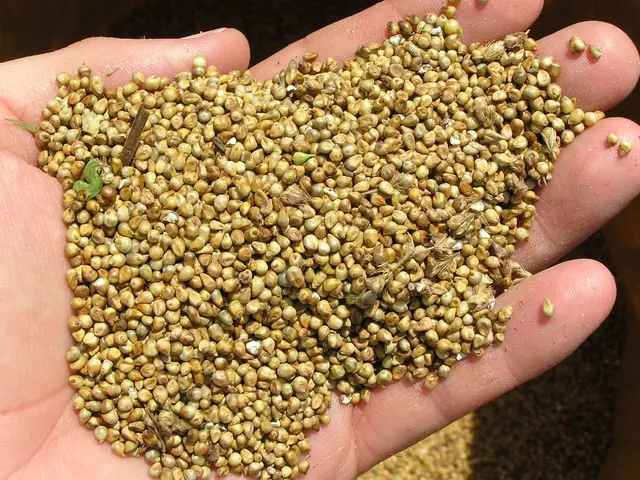Why the Prophet Muhammad (SAW) avoided white flour—and science agrees
White flour has long been criticised for its lack of nutritional benefits. Historical and religious sources suggest it was avoided by the Prophet Muhammad (SAW), while modern science warns against its health risks. Meanwhile, whole grains like wheat and barley—mentioned in Islamic traditions—are now recognised for their healing properties.
According to the hadith, the Prophet (SAW) never consumed white flour, as noted by the companion Sahl bin Sad. Instead, whole wheat and barley were highlighted as remedies for heart disease. These grains, domesticated in the Fertile Crescent around 10,000 years ago, remain staples in healthy diets today.
The avoidance of white flour by the Prophet (SAW) finds backing in contemporary health advice. Whole grains, praised in Islamic tradition, continue to offer proven benefits for heart health and digestion. As science and faith converge, the shift away from refined flour gains stronger ground.






